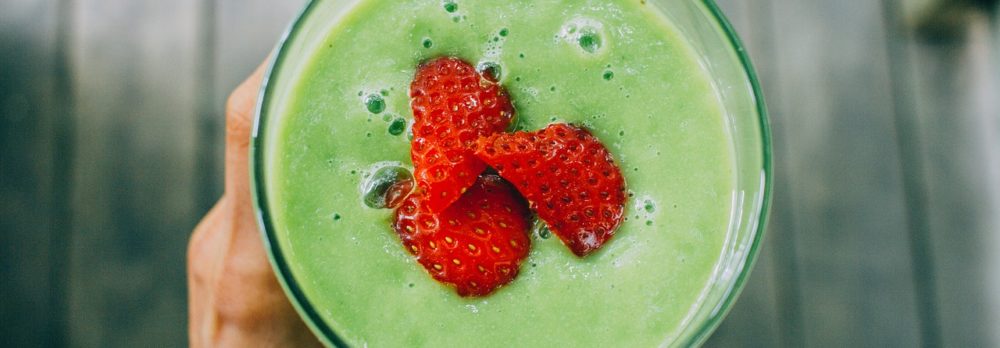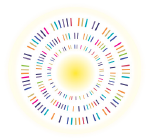Staying healthy can be hard in the modern world. We’re surrounded by health hazards in our food and water, in the cleaning and skin care products we use and in our furnishings and household items. Some chemicals can overwhelm the liver, interfere with hormones, and contribute to a range of symptoms including low energy, skin problems, headaches, constipation and pain. The good news is that there are small steps you can take to reduce your toxic load!
Choose one of these small steps each month this year to work your way towards better health.
2018 Small Steps Challenge
1. January Focus – Staying Hydrated
Fresh, filtered water helps flush toxins out of your system. Install a water filter and drink at least 2 litres of filtered water every day.
2. February Focus – Move Your Body!
Find different ways to get up and move throughout the day. Walk around during phone calls, stand up at your desk, use the stairs instead of the lift, park on the far side of the car park and, if possible, walk in nature, especially on the beach!
3. March Focus – Avoiding Plastics
Never heat plastic in microwave. Do not add hot food or liquid to plastic containers or baby bottles, always cool it first. Over time, build your collection of glass containers for food storage. Remove plastic lids from take away coffee cups, if safe, before you drink. Travel with a glass or stainless steel water bottle that can be refilled.
4. April Focus – Better Snack Foods
Reduce your weekly intake of caffeine, alcohol and soft drinks, avoid canned foods (the tins are often lined with BPA), keep yummy/healthy snacks on hand without added sugar or artificial sweeteners, and plan ahead so you don’t succumb regularly to fast foods or take away foods.
5. May Focus – Healthier Personal Care
Start to choose skin care products that are free from coal tar, talc and parabens. Lipstick often contains traces of lead, so choose carefully. Use organic skin products and shampoo where possible. For local organic skin care products, try www.lhami.com.au. There are a few salons that offer organic/low chemical hair colour locally, Visual Creations at Green Point is one.
6. June Focus – Non-toxic Cleaning
Fragranced products often contain phthalates which are carcinogenic. Look for unscented products that list all their ingredients or use natural, inoffensive cleaning products such as bicarbonate of soda, vinegar & eucalyptus oil, Gumption and bar soap instead of pump soap. Use non-toxic washing powder for clothes and dishwashing. We recommend Abode Cleaning Products, which are Australian-made and food grade.
7. July Focus – Keep Shoes Outside
Shoes can bring many toxins and harmful bacteria into the home. Try to build a habit of leaving them at the front door. Cosy slippers by the front door make a great incentive in the colder months!
8. August Focus – Reduce EMFs
Remove all electricals from the bedrooms, including clock radios. Turn phones onto flight mode overnight or ensure they are at least 1 metre away from your head. Turn wi-fi off at night to give the body a rest from the EMFs. Use speakerphone on your mobile. Ensure that your bed is not on the other side of the wall to your meter box, fridge or oven.
9. September Focus – Spring Clean (Mould)
Remove visible mould with a damp cloth in a solution 20% white vinegar 80% water. Clove oil is also helpful. For further advice, call a building biologist – see buildingbiology.com.
10. October Focus – Dirty Dozen
With lots of fresh produce starting to appear, reduce your pesticide load by switching to organic produce – especially produce in the dirty dozen list. Make it easy with a home delivered organic order.
11. November Focus – Meat and Eggs
Review your meat intake and research the food you are eating. Choose organic free-range eggs and grass-fed, hormone-free meat where possible. Local resources include Mudgee Lamb and Green Cow Organics.
12. December Focus – Stay Mindful
In the lead up to the festive season, life seems to speed up. Practice mindfulness to reduce stress and help you stay committed to the health habits you have built throughout the year.
If you would like to take part in our 2018 Small Steps Challenge, sign up to our email list below to receive an email reminder each month!



